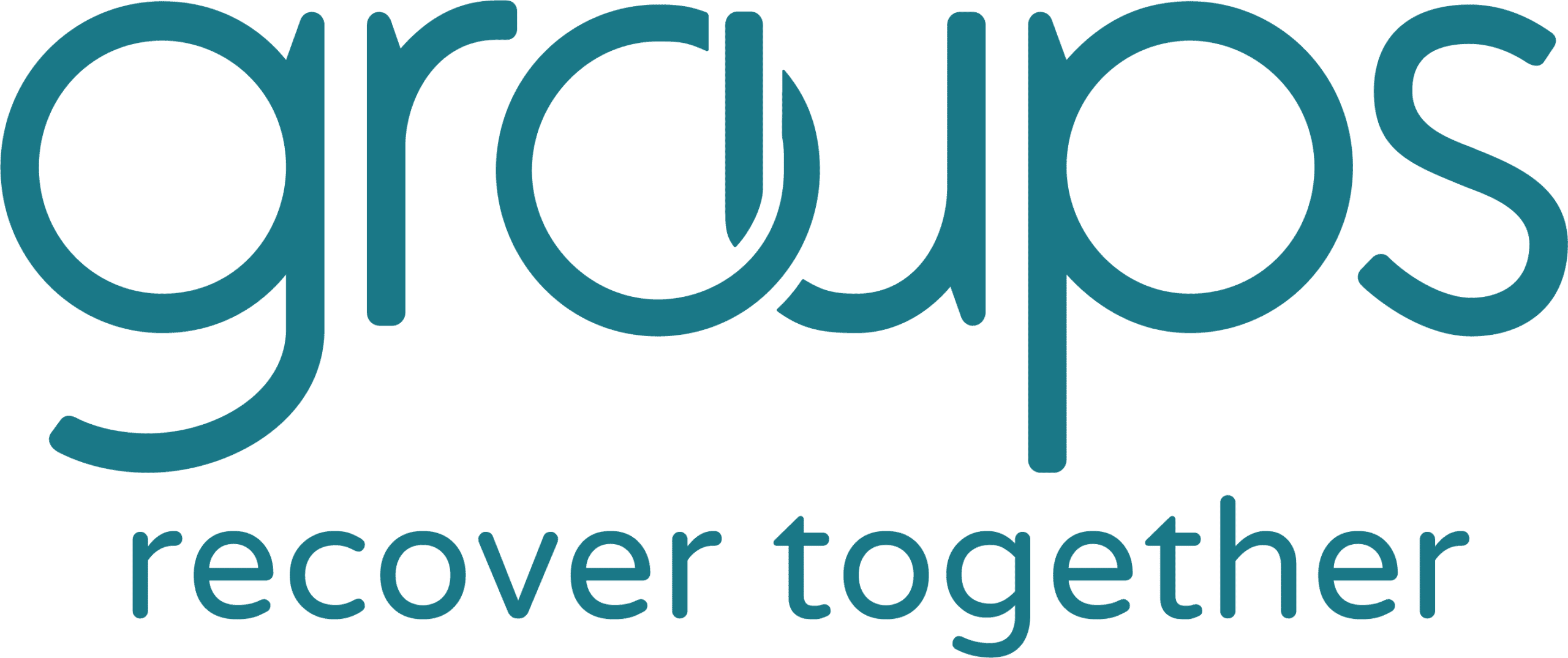Suboxone is one of several prescribed medications that can show up on some, but not all, drug tests. Whether the Suboxone you’re taking is prescribed or not, it can always be a bit nerve-racking to undergo a drug screening. While urine samples are often required by employers, they may also be used as part of medical treatment. There are also legal reasons for drug testing, such as procedures for individuals involved in a court case or as evidence. No matter what the reason is, you may be a bit nervous about the results if you take Suboxone.
Suboxone is a combination of buprenorphine and naloxone. These ingredients work together to reduce opioid withdrawal symptoms and cravings while also blocking the effects of opioids. It’s taken through a pill or film strip that’s placed under the tongue. It involves a daily dose that can be taken at home.
Read on to learn about how and why Suboxone may show up on some drug tests but not others. We’ll also discuss the role the drug tests play in opioid use disorder treatment and how they’re used at Groups.
Why Suboxone doesn’t always show up on drug tests
Suboxone won’t show up on drug tests that don’t specifically screen for it. Unless a drug test’s panel includes Suboxone’s active ingredient of buprenorphine, the prescription medication won’t be picked up. Federal employers in the United States don’t test for buprenorphine. If a private employer does screen for the ingredient, you can provide a valid prescription.
In general, the routine drug tests used for situations like employment won’t screen for Suboxone. They’re focused on detecting illicit substances, such as methamphetamines, cannabinoids, and cocaine.
However, an expanded opiate drug test often includes buprenorphine detection. It also detects common narcotics, such as fentanyl, hydrocodone, methadone, and oxycodone. An expanded opiate drug test may be used for people involved in a legal situation or during pregnancy.
While Suboxone is an opioid, it doesn’t show up on a screening, as the structure is different from other types.
Drug screenings for opioid use disorder treatment that include Suboxone
When you’re starting treatment for opioid use disorder, your health care provider may prescribe you Suboxone. However, it’s important to remember that toxicology screenings play an essential role in helping people throughout their recovery. Suboxone is a highly regulated medication, and many states require drug tests for Suboxone treatment.
At Groups, the goal of running toxicology screenings during treatment isn’t to punish those who have substances in their system while trying to recover. We don’t kick people out for a positive result either. Our goal is to ensure that every member’s treatment is adjusted for safety and efficiency. It’s also meant to keep track of your progress and help us manage your medication. It allows our providers to better care for our members.
If you’re in treatment for opioid use disorder, you will be required to complete a toxicology screening that includes Suboxone. If your provider includes buprenorphine in their testing panel, it’s to make sure that you’re taking it as prescribed. They want to ensure that you’re not taking more than your required dosage, which increases the risk of overdose. They also want to make sure that you’re not skipping out on it. By including buprenorphine in the drug screening, your provider can make necessary adjustments to your treatment plan.
Groups screens members for Suboxone for safe medication management
At Groups, we understand the important role that medication plays in helping you recover from opioid use disorder. It can be difficult to physically, emotionally, and mentally handle the withdrawal that comes along with it. That’s why a Suboxone prescription is the first course of action for every member who joins us.
Members complete weekly urine screens as part of treatment, and results are confidential between you and your care team.
While toxicology screenings are important to every member’s treatment, positive results for other substances aren’t used as a reason to remove someone from our treatment program. We’re not a 100% abstinent facility — we don’t require members to stop taking every type of substance, such as alcohol. However, we want to make sure that your treatment is as safe and effective as possible. We use the screenings as a tool to determine where members may be struggling so that we can help them address their struggles.
Along with Suboxone, we use weekly group therapy sessions and custom life-goal assistance to help you work toward the life that you want and deserve.
Give our Recovery Support Specialists a call today for more information or to begin your recovery journey.




